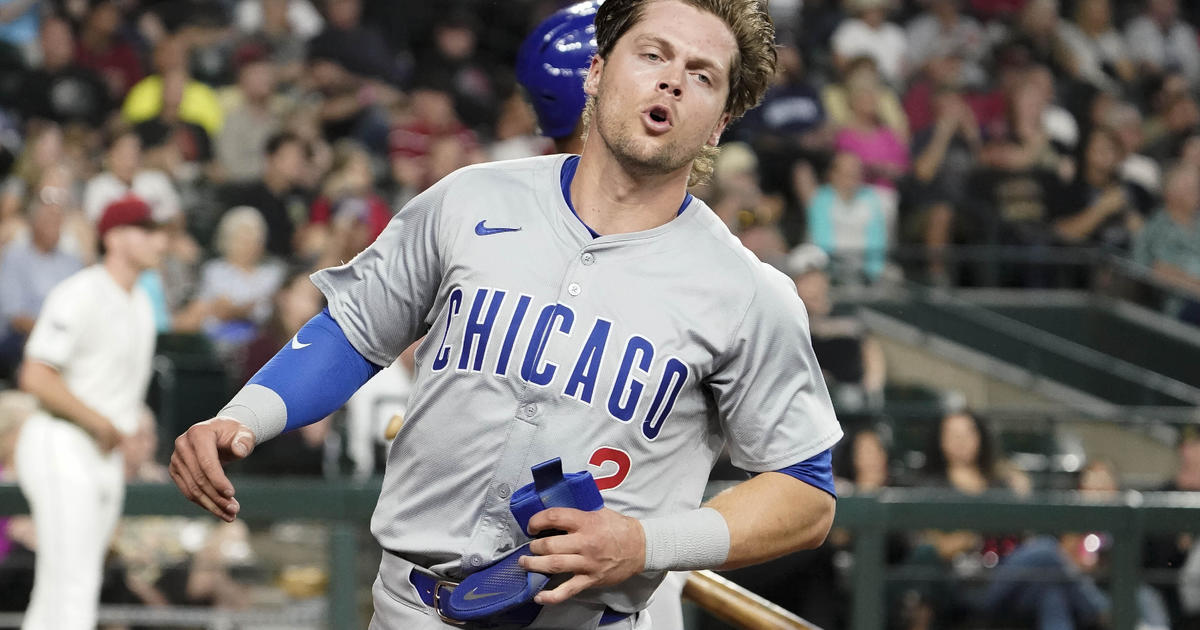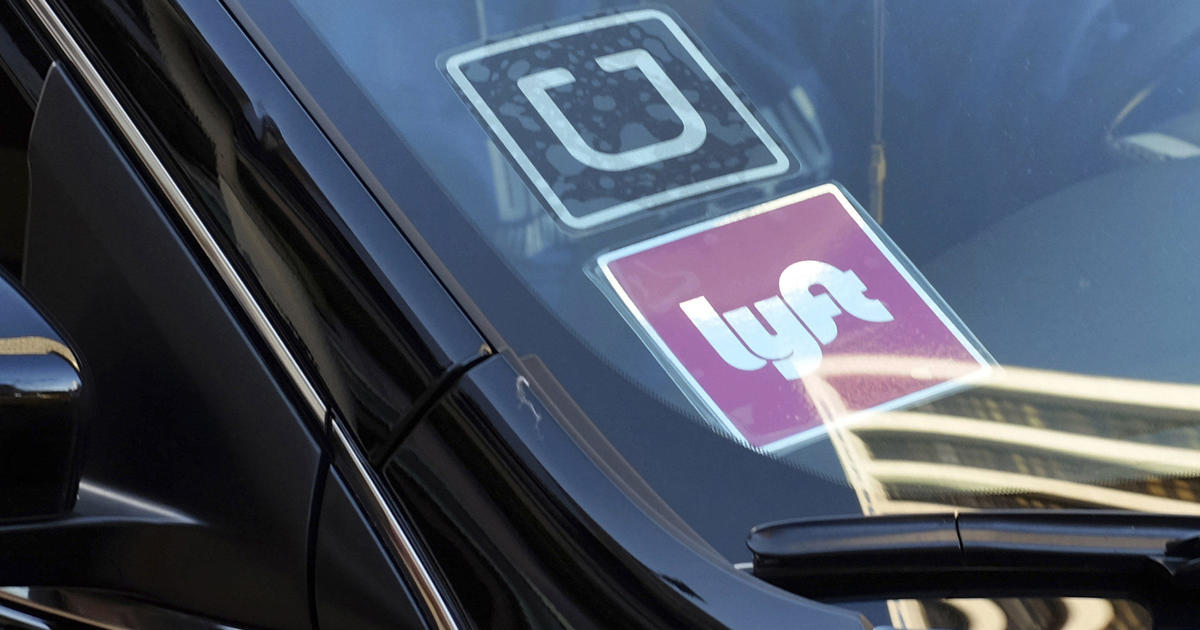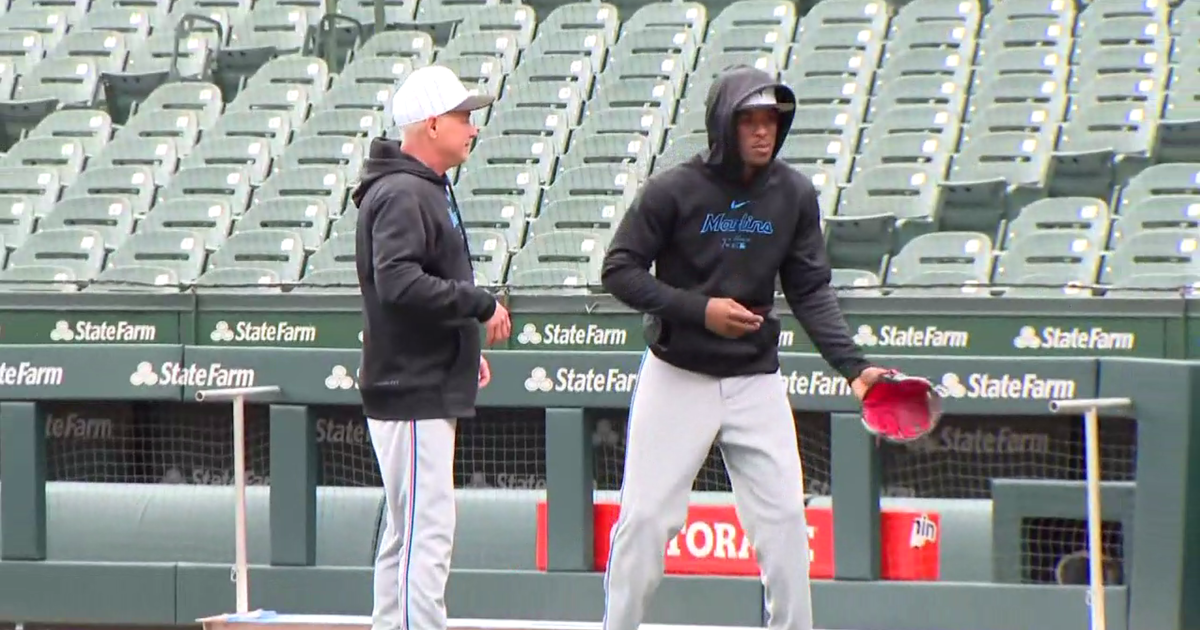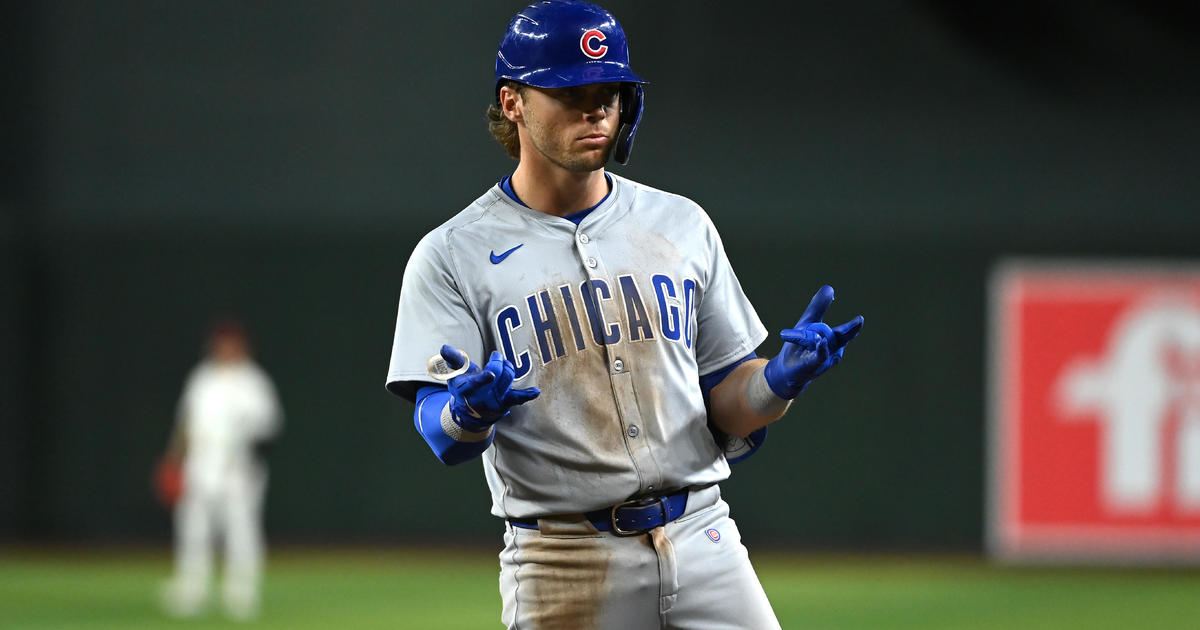Baffoe: Did We Get What We Wished For With Baseball Replay?
By Tim Baffoe-
(CBS) Beware the siren song of small sample size. We know next to nothing about what the 2014 baseball season will entail between now and October.
White Sox outfielder Alejandro De Aza, for example, won't hit the 162 home runs he is on pace for. Cubs utility man Emilio Bonifacio's 11-for-16 start at the plate is not indicative of how the rest of his season will go, just as him being picked off three times so far is not either.
But given just less than a week of games, I have a pretty good idea of what won't live up to the hype this season — manager challenges and the replay review system.
I wanted it. Getting calls right has always been important to me, the fan and viewer of games. Football absolutely needs to have replay because no human can expect to always accurately make calls in a game of coordinated high-speed anarchy. Basketball and hockey do not so much require one's eyes to be in 11 different places at once, but odd angles and quick plays escape one's best vantage point. And like our phones now give us a heads up that we should pause and ask ourselves if typing "hitter's streak" was meant to be "Hitler's Reich," we are fortunate to have technology to help us all out.
Of course, not everyone sees it that way. Traditionalists are the worst. For them, if sports are not exactly the way they grew up with them, then some part of their self-worth is being altered or taken away.
"But what about the human element?" they ask. Yes, what about fallibility? Well, it's incredibly dumb to actively want flaws in the games you watch or participate in. "We need officials making mistakes because it adds to … the … um … well, tradition … and … the thing is … but in 1986…"
Like me, proponents of replay in baseball wanted it to curb the really egregious calls that were actually affecting game outcomes seemingly every week. But in as George Bernard Shaw's Mendoza said, "There are two tragedies in life. One is not to get your heart's desire. The other is to get it."
So far we have seen replay used for the type of calls we might yell at our TVs about momentarily, but not the ones we harp on days or weeks afterward. The errors of the eyes we don't like but also take for granted in a 162-game season. But replay has been also been more of a factor in deciding the outcome of a game. The Cubs scored their first run of the season Wednesday after an out call at second base as part of an inning-ending double play was challenged by Rick Renteria and reversed, cutting the Pirates lead to 2-1 (which would be 2-2 an inning later before a bag of weird baseball was opened). A gray area was exposed, though. The "neighborhood play," which the (non)out at second essentially was, cannot be reviewed. But force plays can be. But the neighborhood play is always a force play, isn't it? So yeah.
More evidence of replay's potential for greater mis-weighting of important to not so much was Tuesday's game between the Giants and Diamondbacks. In the fourth inning, Giants pitcher Matt Cain attempted a pickoff throw to first base. The runner, A.J. Pollock, was called safe, but Giants manager Bruce Bochy challenged the close play … and lost. He then by rule was not allowed to challenge any more calls. Such a rule seemingly makes sense so as not to have a manager abuse the system. But later that inning there was a play at the plate where Pollock was called safe, though on tape was clearly out. The run stood because the play, way more crucial than the pickoff play, could not be analyzed by MLB replay.
Then there is the length. Many replay reviews have been quick. Minute, minute-and-a-half stuff. But an Athletics/Indians call took five minutes to look at. It also took almost five minutes to determine a foul ball in Wednesday's Cubs-Pirates game. Maybe it's just because it's all so new (reviews in the NHL and NBA aren't all that quick, usually), but did we realize the slow we were adding to the slowest of sports?
The managers have. Tampa skipper Joe Madden exemplified what will surely be commonplace the rest of the season when instead of sprinting out of the dugout to argue a call, he walked calmly onto the field, stalling so that bench coach Dave Martinez could communicate over the phone as to whether a challenge should be used. This is not the first loophole Madden has figured out with this system.
Then there was Nationals manager Matt Williams using a challenge just because. Last play of the top of the 10th inning, leading by four runs, Williams challenged the third out not because strategy demanded it but merely because he could. You can't take the challenges with you, so might as well superfluously use them every game. That's not to even get started on replays that umpires can initiate, not managers.
And look at this poor young man holding chords for old men trying to figure out how to send an email. "This is my life," he is lamenting. That picture is just painful and sums up how many of us feel about replay so far.
I still want calls to be made correctly, even if we need to go above and beyond our own eyes in the moment. Maybe this is just an odd week in an odd game. Baseball is wont to have those. Remind ourselves not to be lured by small sample size. Maybe things get smoother, or maybe they don't but we learn through this test run season how to improve the system.
But as of now I can't help but think it. What have we done?
You can follow Tim on Twitter @TimBaffoe.



